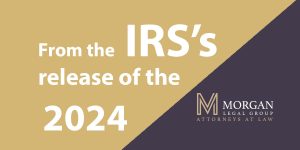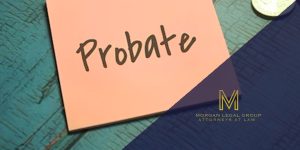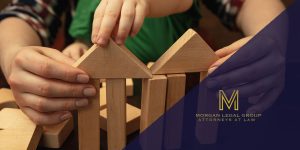Will Lawyer Near Me For A Will
On the off chance that you’ve as of late lost a friend or family member, you might have looked for a will to figure out how to manage their home. In the event that you neglected to find a will, you may be in a condition of frenzy. How can you go to split all that they possessed assuming there are no bearings on what to do? Probate turns out to be more confounded when this occurs, yet state regulation gives guidance for what to do when no will exists.
Processing of Probate
Probate is the lawful course of scattering an individual’s bequest after they kick the bucket. The court supervises this cycle as per expectations set in the state regulation. Commonly, probate without a will isn’t completely different than when a will is available.
The probate cycle when there is no will is known as intestate progression. This is a novel expression used to express that somebody passed on without leaving a will.
To decide how probate will function for a domain without a will, the court will observe the rules set by the state, which ordinarily centers around which close family members acquire from the bequest. Each state has its own regulations for the request that relatives and others will acquire. While they are for the most part something very similar starting with one state and then onto the next, a few distinctions do exist. You would need to chat with a probate lawyer who knows about the regulations in your state to guarantee you follow systems.
Estate Administration Lawyer For You
At the point when a will exists, it for the most part names somebody to go about as the director of the bequest. At the point when no will exists, the intestate progression regulations will figure out who can be named as chairman. This will not be entirely set in stone in the primary probate court continuing. When an individual is named as overseer of a domain, they should deal with the undertakings that this position requires. The errands are similar regardless of whether a will exists and are framed in the intestate progression regulations. These are the initial steps for the executive.
The following position is to tell any leasers of the individual’s passing. All obligations should be paid before anybody can acquire them regardless of whether there is no will. A few states expect that you distribute a notification in the neighborhood paper recounting the launch of probate. Leasers will be given a specific measure of time to present their bills.
The executive will likewise have to take stock of all home resources. This incorporates ledgers, land, and individual things, alongside different resources that the departed individual had a case to. In the event that there isn’t sufficient money close by to pay the obligations from the ledgers, they might have to sell specific property, like land or stocks and securities. They should record assessments and pay any charges owed.
Possible Disagreements
In the event that there is no will, the beneficiaries might quarrel over who ought to get the legacy. While they dislike the terms, they can’t change the perceived request of dissemination except if there is a legitimate explanation. A beneficiary might introduce what they guarantee is a will, which changes who acquires. In any case, the probate court will choose if the will is legitimate prior to permit the home to be separated.
Main beneficiaries might challenge a will, however, they can do as such on legitimate grounds. They can’t challenge it since they could do without the manner in which the cycle works, or they don’t figure the legitimate beneficiary ought to get the legacy. In this present circumstance, it’s generally expected best to work with a probate legal counselor who can assist with safeguarding the bequest.
While probate is a straightforward cycle in principle, it very well may be very confounded as a general rule. In the event that you are the main successor or a manager of a bequest, you might need to contact a probate lawyer who can help you through the cycle. They can direct you in view of the intestate progression regulations for homes without a will.
FAQ
1. Deed Transfer happens for what kind of belongings?
Deed Transfer transfers ownership of any home or business with an estate plan. With an estate plan document, it can be a quicker and easier process to go through.
2. Estate Administration Lawyer takes care of what?
Estate Administration Lawyer has multiple responsibilities when it comes to taking care of or managing your estate plan. An estate administration lawyer puts value to your assets including your home, helps you contact your beneficiaries if you can’t get a hold of them, calculates any taxes involved, and help with debts, and any kind of distribution you may need.
3. What does conservator mean?
A conservator is when an individual or business has full ownership of someone else and this person’s income. To be removed from this, you would need a lawyer to counteract this kind of restriction with proof or reason why it needs to be done.
4. New York advance directive helps clients with what?
New York Advance Directive provides healthcare for those who’ve applied for it with their estate plan. With this included, you’re able to show a legal document provided by your lawyer to get the healthcare recommended and stated earlier during the planning process. This will have the medical care follow your wishes without any friction between you too. Usually for those who can’t speak for themselves.
5. Probate Proceeding includes what?
The probate proceeding includes the court deciding what the best decision may be and collecting any debts you or a family member may have for approval. This can take months or a year for approval so it’s best to make a trust to skip this.
6. Revocable and irrevocable Trusts, what are the differences?
A revocable trust gives you more options whenever there’s a change in your life. Let’s say you need to update your revocable trust if you have a new spouse, a child, a new home, a business, etc. While the irrevocable trust is unalterable unless you contact all beneficiaries you’ve listed. Both can put extra security on your assets but both have different policies.
































